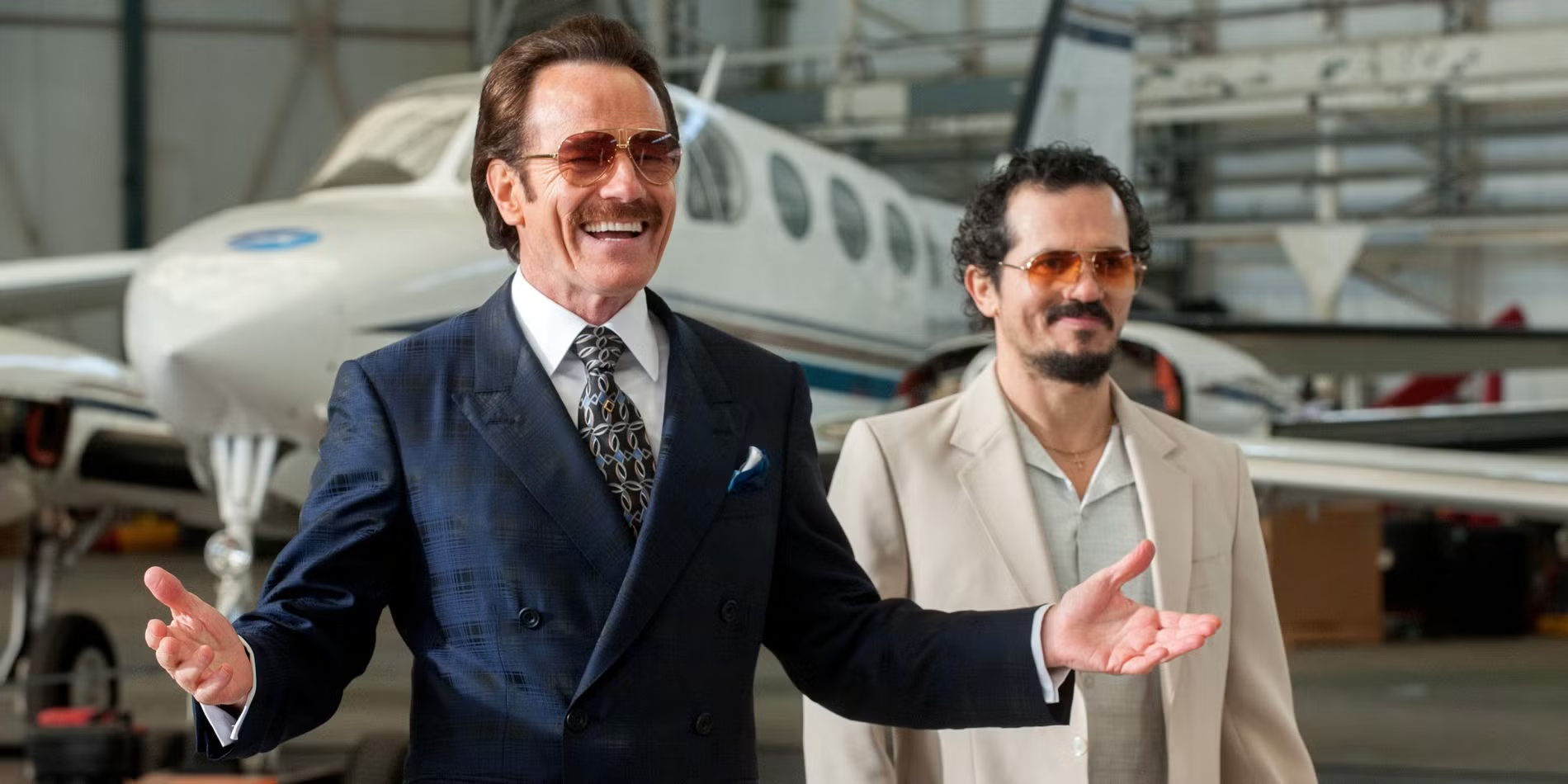Gen. Sejusa–file photo
LONDON–An exiled senior Ugandan army officer has called for a debate among Ugandans for an armed resistance to bring to an end the nearly 30 years of President Yoweri Museveni reign.
Falling just short of calling for an outright armed struggle to oust his former boss, Gen David Sejusa, who fled to London over a year ago, said to sit back and do nothing as President Museveni ‘loots the country’ and ‘enslaves our children and our grandchildren to the yoke of debt repayment’ would be nothing but ‘treasonable’.
The general who is one of the most decorated senior Ugandan army officer to have fled the country since Museveni came to power in 1986 said: “… to all those who advocate that we fold our hands and do nothing, I ask of you – how can we do nothing while the President of Uganda is abrogating the constitution for which millions sacrificed their lives to put it in place?” He added: “How can we do nothing when a president is destroying all the systems and structures of state which will inevitably lead to instability and loss of life, [how can we do nothing] when a president commits the country to endless wars with no accountability whatsoever to the lives of the soldiers being killed…?”
Gen Sejusa, a law graduate from Makerere University in Kampala, was until April last year the chief coordinator of military intelligence services in Uganda, a member of the High Command of the Uganda army, the Uganda Peoples Defense Forces (UPDF) a representative of the UPDF in parliament and a senior presidential adviser to President Museveni. His return to Uganda after a brief visit to London was brought to a halt when President Museveni ordered the army to surround Entebbe International Airport where he was due to land with the intention of arresting him. Prior to his coming to London, he had written an article in the local English daily, The Monitor, criticizing Museveni for allegedly planning to make his (Museveni’s) son Brig Muhoozi Kainerugaba the next Ugandan leader and allegedly planning to execute senior army officers opposed to this arrangement. While those near him have denied Museveni had this plan in mind, the Ugandan leader has never at any time either denied or commented on the allegations.
Urging Ugandans to fully engage in the debate about what to do with the way President Museveni has run the country since 1986, Gen Sejjusa said: “The urgent question to answer is – what should be done when a government stops all peaceful means for those who do not agree with it to organize? What options are left? What should be done when a regime resorts to violent means to quell peaceful political actions?” Accusing the Ugandan leader of turning the country into ‘a family enterprise’ and using members of the armed forces as ‘herdsmen on his numerous farms’, Gen Sejusa asked how Ugandans could afford to simply fold their hands and do nothing as Museveni ordered the introduction of ‘pass laws’ as was the case during the apartheid days in South Africa. He wondered how Ugandans could do nothing while extrajudicial killings became rampant. “…doing nothing is not only morally treasonable but is criminally culpable,” the lawyer-turned-army general said.
In a nearly 3000 word statement he gave to the press in London Monday, Gen Sejusa charged that ‘Museveni’s dictatorship’ is assisted by what he called ‘a deceptive peace’ that he (Sejusa) claims has let foreign investment thrive, albeit such benefit hasn’t translated to the man on the street. “With determined, well commanded resistance, there would be no economy even to feed his few thieves. Foreign investment would end,” he said.
The general charged that recent events in Uganda now prove that serious instability is slowly but surely becoming the norm in the country. He said the Museveni government has reverted to tactics used in the 1980s by the then ruling political party, the Uganda Peoples Congress when it tried to ‘spin itself out of the National Resistance Army (NRA) war. “As they say, the rest is history. The spinning did not stop the NRA from winning that war,” he said.
He revealed that between 2011 and 2013, the Museveni government ‘sponsored machete-wielding criminals in many villages in Buganda’. “The intention was to frame [former Vice President] Prof Gilbert Bukenya and a few others at the time. These included some senior Baganda army officers.” He went on to say: “Some of us came out then and warned the country as you remember. Though the government retreated a little at the time, the same leaders are still in charge and their treacherous games continue.”
In answer to a query from The London Evening Post regarding recent killings in the country, Gen Sejusa informed us that four army barracks had been recently attacked simultaneously and overran. “Arms were taken, and there were only minimum casualties on the side of the attackers. Clearly this was a rout for government forces.” He said the Museveni government did not produce a single dead body to show those it claims it killed, but that many arms were taken by the attackers. “This follows other successful attack in Mubende barracks and other areas,” he added.
Gen Sejusa warned that Western countries might be ‘inadvertently pushing decent and genuine liberation struggles into the fold of extremists’. “We need to study this because at the current rate, even a school strike for better food at a university is called terrorism by these African dictators and the Western governments buy into that. This needs to be reassessed. Allowing dictators to use fake terrorism songs will complicate matters. It merely radicalizes decent political dissent and makes the world more insecure,” he said.
In a direct appeal to his fellow officers and men of the UPDF, the Uganda Police Force and the security agencies he used to coordinate, Gen Sejusa told them it was high time they showed their countrymen what side they would rather be on. “Are you going to side with those who are desecrating the memory of those who perished in the struggles to free Uganda? The struggles of your own fathers and mothers, who fought for this liberation? Where are you going to stand in this contest? The side of the people who sheltered us, housed us, protected us and died in millions for the noble cause of a FREE TOMORROW or those bent on a treacherous unconstitutional road of turning Uganda into a POLITICAL MONARCHY? The choice is yours,” he told them.
Gen Sejusa said because Museveni’s ‘dictatorship’ was family based and largely based on ‘nepotism and patronage’ it wouldn’t be resilient in the face of a determined opposition. He added that since no one was willing any longer to die for Museveni, he hardly now relies on merit but on blind loyalty to survive. When put to the test, he added, it (Museveni’s dictatorship) would crumble ‘like the army of Idi Amin in 1979’. He said that by destroying the country’s economy after he liberalized it, Museveni had got rid of the source of public income upon which dictators normally rely. He said the Ugandan ruler cannot sustain a prolonged war due to the current status of the economy and that neither his foreign backers nor his ‘private army of looters’ could sustain it.
The general further revealed that in reality the army that Museveni has relied upon to keep himself and his cronies in power since 1986 is now fed up. “It is a captive militia force garrisoned by a small clique of carefully chosen soldiers under his son and brother.” Gen Sejusa further revealed that in every single month, not less than 152 soldiers desert in each Division. “There is of course no urge to report because the questions you will face are too dangerous as the poor senior fellows are falling over each other to have access to that Ghost money. Such a force cannot be able to guard every inch of Uganda, every junction, every bridge, every police station, every inch of the road in the country to avoid ambushes etc. Armies move on morale and stomachs. In the UPDF, both are in deficit.”


















